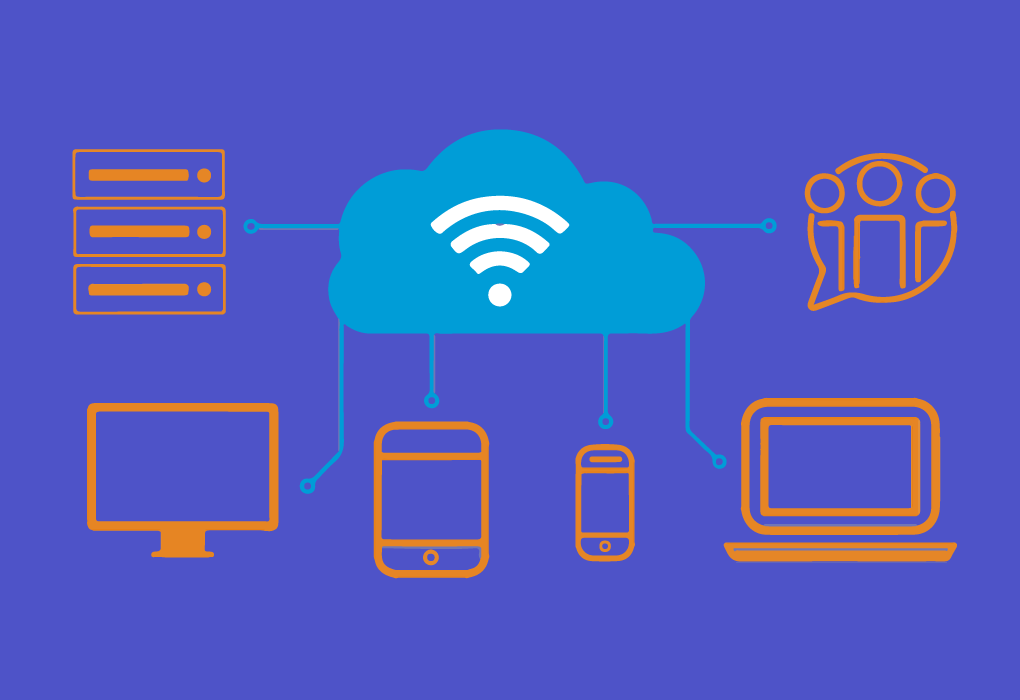
CLOUD
Successfully Implement a Cloud Experience Delivered as a Service for All Your Workloads. Discover How to Move to Cloud and Meet Your Toughest Cloud Challenges Head-On with HPE. View Services. Browse Resources. Find A Partner.
Cloud computing is the use of a network of remote servers that are hosted on the internet. These remote servers are used to store, manage and process data without the need for a local server or a personal computer.
Simply put, cloud computing is the delivery of computing services including servers, storage, databases, networking, software, analytics, and intelligence over the Internet (“the cloud”) to offer faster innovation, flexible resources, and economies of scale.
Uses of the cloud include data storage, offering remote access to any work-related data. The role of cloud computing on a corporate level can be either for the in-house operations or as a deployment tool for software or services, the company develops for the public.
Mobility. One of the other most obvious uses of cloud computing is the mobility that it brings, both to the recreational user, as well as to the corporate and business user. Many of us are already familiar with some cloud computing services, like Google Docs, or even email services.
Cloud computing allows people access to the same kinds of applications through the internet. This means the device accessing the cloud doesn't need to work as hard. By hosting software, platforms, and databases remotely, the cloud servers free up the memory and computing power of individual computers.
8 Benefits of the cloud for software developers:
- Scalability
- Cost
- Quick Provisioning of Resources
- Multiple Service Models
- Geographic Reach
- Ease of Deployment
- Advanced Services
- Monitoring Developer Operations